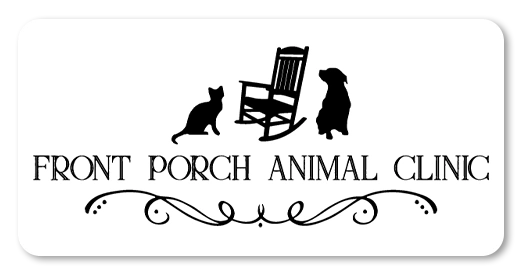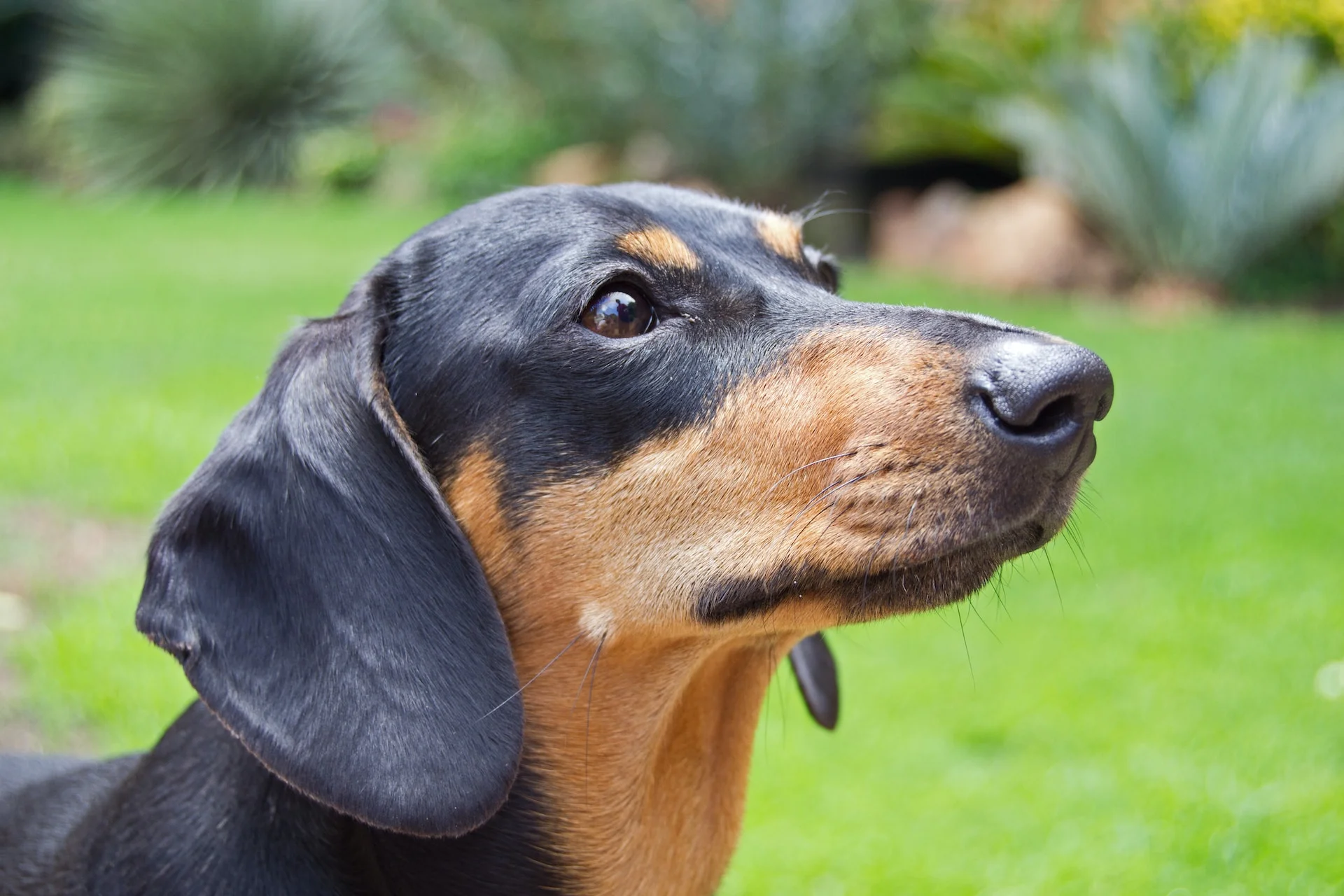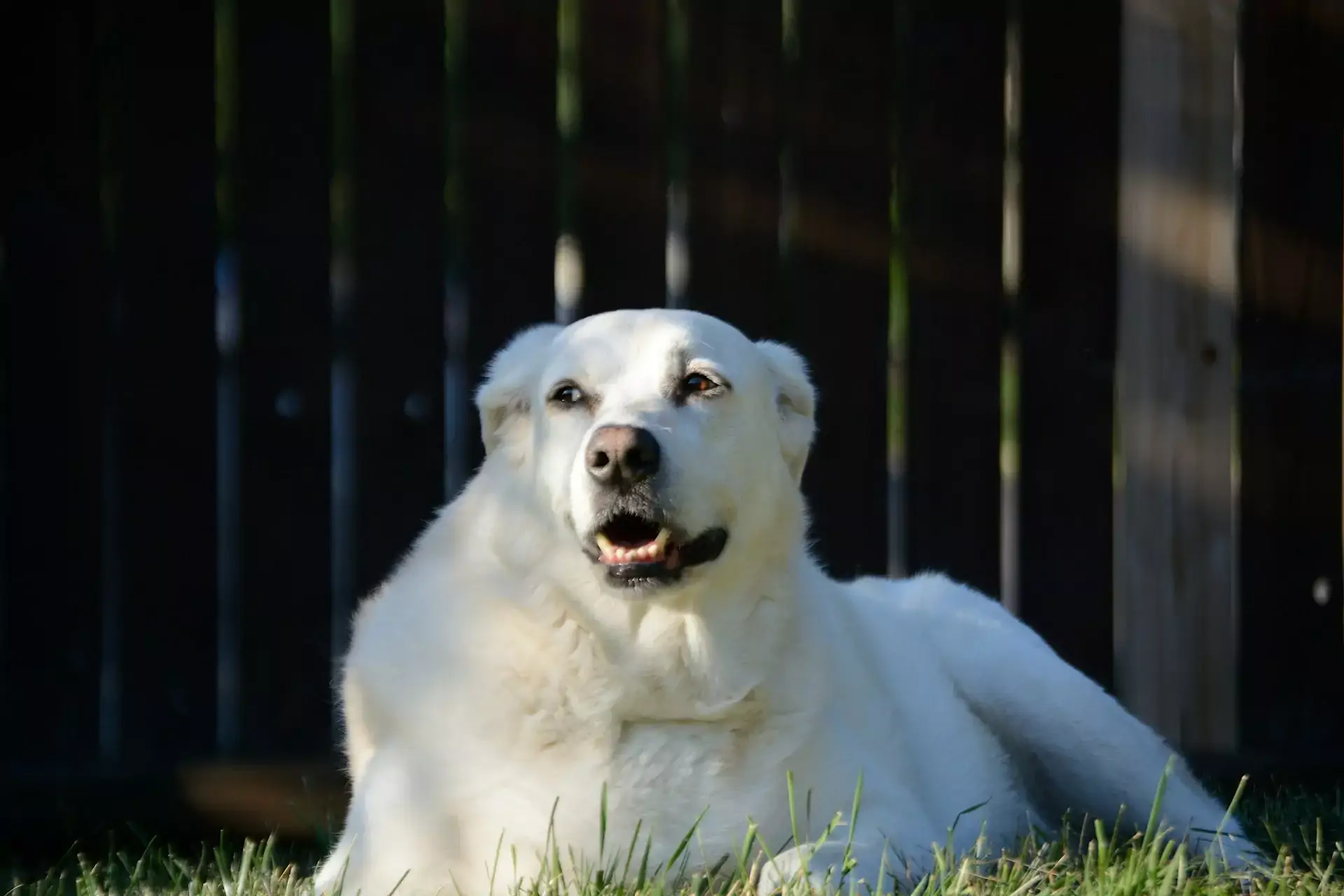When it comes to ensuring the health and happiness of your canine companion, proper dental hygiene should never be overlooked. Implementing effective dog dental care tips is essential, as poor oral health can lead to more than just bad breath; it can cause serious health issues ranging from tooth loss to more severe systemic conditions like heart disease. Regularly brushing your dog’s teeth, providing dental health chews, and scheduling annual check-ups with your vet are all proactive steps you can take. This guide will explore the latest advice and innovative techniques for maintaining your dog’s dental health, offering practical solutions for owners looking to improve their pet’s oral hygiene. From understanding the signs of dental distress to choosing the right products, we’ll provide you with all the information you need to keep your dog’s smile bright and healthy.
Proper dental hygiene is crucial for maintaining your dog’s overall health, and integrating effective doggy dental care tips into your routine can significantly improve your pet’s quality of life. Dental disease is one of the most common health issues faced by dogs, affecting over 80% of canines by the age of three. Neglecting your dog’s teeth can lead to severe health problems, including infections that can spread to major organs and cause serious complications. This introduction to doggy dental care will guide you through easy, actionable steps to keep your dog’s teeth clean and their gums healthy. From choosing the right dental products to understanding the signs of dental disease, we’ll provide you with the knowledge and tools needed to ensure your furry friend enjoys a happy, healthy life with a sparkling smile.
Did you know that dogs can develop very some painful dental problems? Our canine pals can be afflicted by many of the same issues as people can, such as gum disease, abscesses, infections, and cracked or broken teeth. Taking care of your dog’s teeth is very important! Read on for some great doggy dental care tips from a Greeley, CO vet.
Know The Warning Signs
Your furry buddy can’t pick up the phone and schedule a dentist’s appointment, so it’s up to you to watch for warning signs. Some common ones are bad breath; excessive or bloody drool; visible swelling or tartar buildup; and lack of interest in playing. Fido may also take longer eating if his teeth are bothering him, and he may not want his mouth touched. Call your vet right away if you notice any of these symptoms.
Have Fido’s Choppers Checked
To maintain your dog’s oral health, it’s wise to implement dog dental care tips alongside regular vet check-ups, starting when your pet is around six months old. Fido’s teeth should be examined by a veterinarian at least once a year. If your dog develops unsightly tartar buildup, a thorough dental cleaning may be necessary. Such cleanings remove tartar and combat the bacteria, infections, and bone loss that gum disease can cause. For tailored advice on maintaining your dog’s dental hygiene, consult your veterinarian.
Brush The Pup’s Teeth
One of the best things you can do for your furry friend’s teeth is to brush them. Needless to say, there’s going to be an adjustment phase for Fido here. Start by just rubbing your pup’s gums and teeth with a finger. Follow this with praise and treats. Once your four-legged buddy has accepted this, add some doggy toothpaste. (We know, this is a bit icky, but it’s only for training.) The last stage is to switch to a pet toothbrush. Try to do at least one section of your canine companion’s mouth every day.
Other Options
Ensuring your dog maintains good dental health can be challenging if they resist having their teeth brushed. However, incorporating dog dental care tips into your routine doesn’t have to be a struggle. Offer your pet dental-formula treats and chews, which are effective alternatives for maintaining oral hygiene. Always provide fresh water and safe chew toys to help reduce plaque buildup. For tailored strategies that suit your dog’s specific needs, consult your veterinarian.
Dog Dental Care Tips in 2025: Professional Cleaning and Health Impacts
Why is anesthesia necessary for professional dental cleanings?
Anesthesia is required for professional dental cleanings in dogs to ensure a thorough and safe procedure. It allows veterinarians to comprehensively clean below the gumline and address areas that are not visible or accessible when a dog is awake. This prevents movement and discomfort for the animal, enhancing the effectiveness of the cleaning while minimizing stress and pain. Moreover, anesthesia facilitates detailed examinations and treatments of dental issues such as gum disease, abscesses, or broken teeth, which could go unnoticed and untreated in an alert dog.
What are the potential risks or controversies associated with giving dogs bones for dental health?
Giving dogs bones for dental health poses several risks. Bones can splinter, leading to oral injuries or intestinal blockages. Chewing hard bones may also cause dental fractures or wear down teeth prematurely. Moreover, bones may harbor harmful bacteria such as Salmonella, posing a risk of infection to both pets and their owners. Therefore, safer alternatives like vet-approved dental chews or toys are recommended to maintain dental hygiene without these associated hazards. Always consult a veterinarian before introducing any new items into a dog’s dental care regimen.
How do wet and dry dog foods differ in their impact on dental health?
Wet dog food, often preferred for its palatability, tends to stick to teeth and may contribute to faster plaque buildup, potentially leading to dental problems if oral hygiene isn’t maintained. Conversely, dry dog food, especially formulations designed for dental health, can help reduce plaque and tartar accumulation. The kibble’s abrasive texture assists in mechanically cleaning the teeth as the dog chews. Regular brushing and veterinary dental checks remain necessary to manage dental health, regardless of diet type.
How can dental problems affect a dog’s overall health?
Dental problems in dogs can lead to severe health complications. Issues like gum disease, abscesses, and infections can cause pain and may result in a reluctance to eat, affecting nutritional intake. Poor dental health can also lead to systemic infections that spread to vital organs. This not only diminishes a dog’s quality of life but can significantly shorten their lifespan. Regular dental check-ups, proper oral hygiene, and prompt treatment of dental issues are vital to prevent these potential consequences and maintain a dog’s overall well-being.
What should owners expect during a professional dental cleaning procedure?
During a professional dental cleaning for dogs, the procedure typically begins with an initial examination to assess the dog’s oral health. The veterinarian will then administer anesthesia to ensure the dog is comfortable and still throughout the process. This allows the vet to thoroughly clean the teeth, both above and below the gumline, using specialized tools to remove tartar and plaque. The vet may also perform dental X-rays to identify any hidden problems. After the cleaning, the vet will polish the teeth to smooth the enamel and reduce future plaque buildup. Owners should discuss any specific concerns with their veterinarian beforehand to prepare adequately for their dog’s dental care.
Do you know or suspect that your pet has dental issues? Contact us, your Greeley, CO animal clinic, today. We are here to help!



